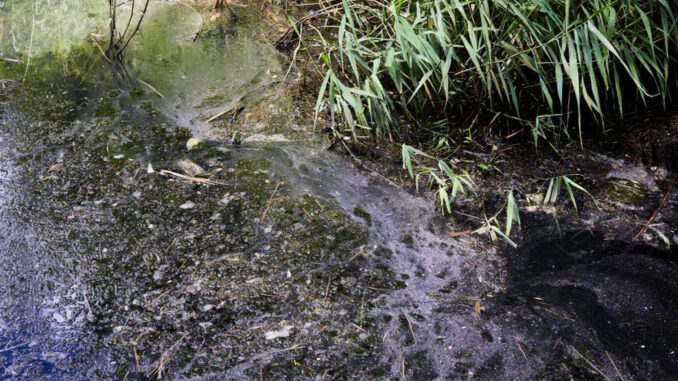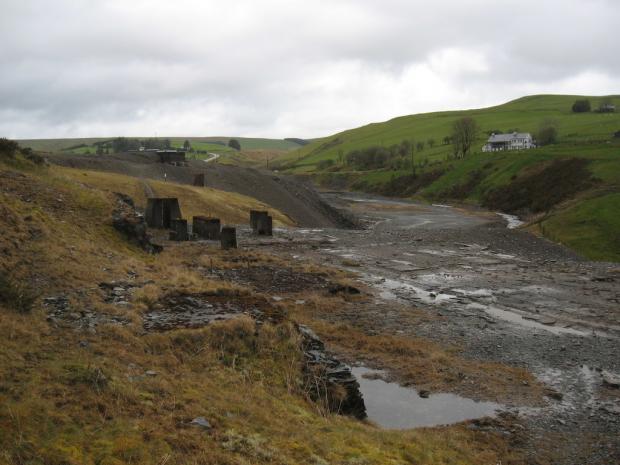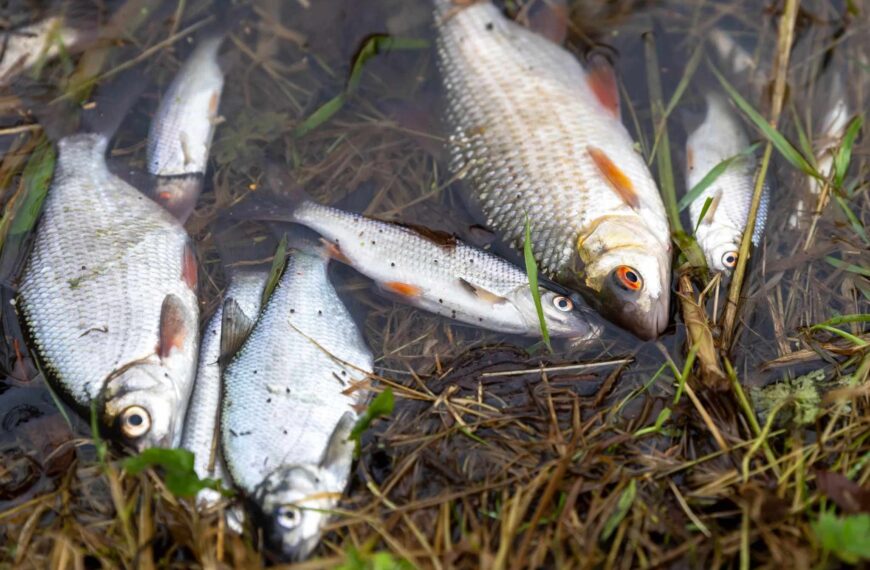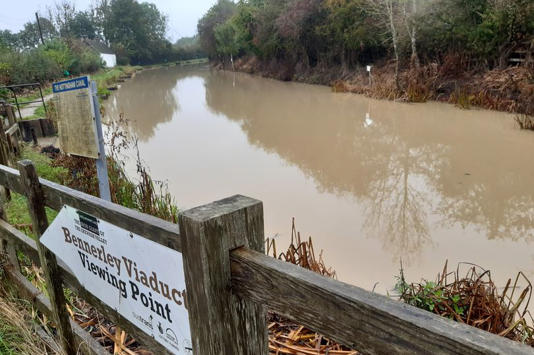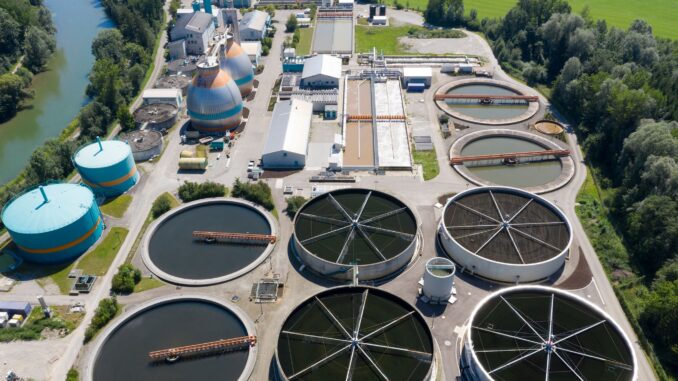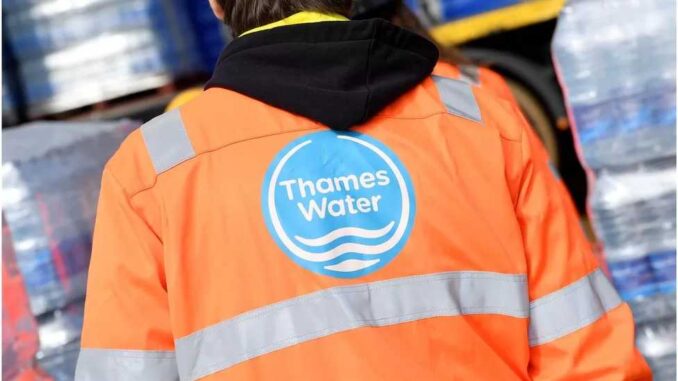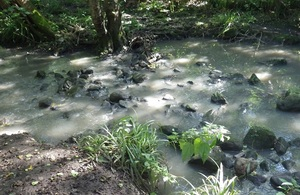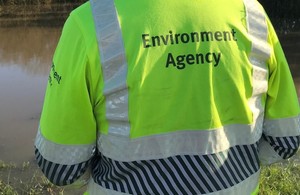Storm overflows group has been promoted by ministers as evidence they are taking issue seriously
The storm overflows taskforce set up by the government to tackle raw sewage discharges by water companies in England has only met once in the last year, a freedom of information request has revealed.
The group, which was promoted by ministers as evidence that they were taking the issue of raw sewage discharges by water companies seriously, is supposed to meet fortnightly, according to its mission statement.
But in response to a freedom of information request by the Good Law Project, officials from the Department for Environment, Food and Rural Affairs (Defra) said the taskforce had only met once in the last year.
The storm overflows taskforce was set up in August 2020 after the Guardian first uncovered the scale of raw sewage discharges into rivers by water companies.
It is made up of representatives from government, regulators, the water industry and environmental NGOs. Its terms of reference state: “The taskforce will meet fortnightly, with exact frequency and timings of meetings at the discretion of the chairperson in consultation with the group members.” Its goals are “to develop: proposals to significantly reduce the frequency and impact of sewage discharges from storm overflows short-term actions to accelerate progress to reduce the harm caused by storm overflows”.
Last August the group published its storm overflows reduction plan, which gives water companies a deadline of 2035 to reduce the amount of sewage flowing into bathing water and areas of ecological importance. Water companies were given a deadline of 2050 to stop dumping raw sewage elsewhere.
The then environment secretary, George Eustice, said water companies would have to invest £56bn over 25 years to tackle storm sewage discharges by 2050. But the plan was heavily criticised as too weak and is to be challenged in court by the Good Law Project and the campaign group WildFish. Since that publication the taskforce has not met again, the freedom of information request shows.
The Good Law Project sought all fortnightly meeting dates of the taskforce between 1 April 2022 to 25 April this year, but Defra revealed it had only met once in that time, on 30 August 2022. There have been no follow-up meetings to drive through the storm overflow reduction plan, or to check progress.
Defra said as the taskforce had published its storm overflows reduction plan in August last year it had not met again. “These proposals were outlined in the storm overflow discharge reduction plan (the plan). The plan was published on 31 August 2022, and we have therefore not called a meeting of the taskforce following the publication of the plan.”
Defra said in its response: “Since last summer officials have continued to take action on sewage discharges, including the development of the water restoration fund, launching the continuous water quality and event duration monitoring consultation and the variable monetary penalties consultation, as well as continuing to work with regulators to hold water companies to account. We have also recently announced a new statutory target for storm overflows and plans to consult on expanding the storm overflow discharge reduction plan.”
England has about 14,500 storm overflows, which are supposed to be used in exceptionally heavy rain to stop the sewage system backing up into people’s homes. But water companies have been routinely dumping raw sewage into rivers and seas even in periods of dry weather.
In 2021 the taskforce published a report that estimated the cost of cutting millions of hours of raw sewage discharges from storm overflows would be between £150bn and £660bn – figures that were challenged by some experts.
Emma Dearnaley, the legal director at the Good Law Project, said: “We now know that the government’s storm overflows taskforce has met only once since April 2022 – and not at all since its plan was published. That is, unfortunately, typical of this government’s laid-back approach to the sewage crisis blighting our country.
“We need the government to impose tougher measures to stop water companies from polluting our waters and bring this unacceptable situation to an end. That is why we are supporting a legal challenge to try to compel the government to put in place a much more robust and urgent plan.”
Ashley Smith, of the Windrush Against Sewage Pollution group, said: “[The taskforce] produced precisely what it was designed to do – nothing. We need an independent inquiry now to make sure this disgraceful scam on the public and environment is ended and never repeated.”
Source: The Guardian 8th June 2023

